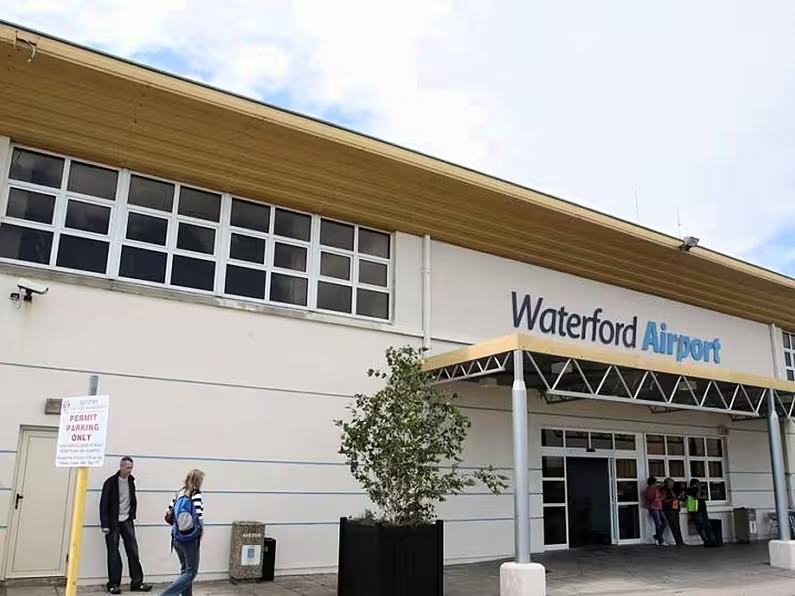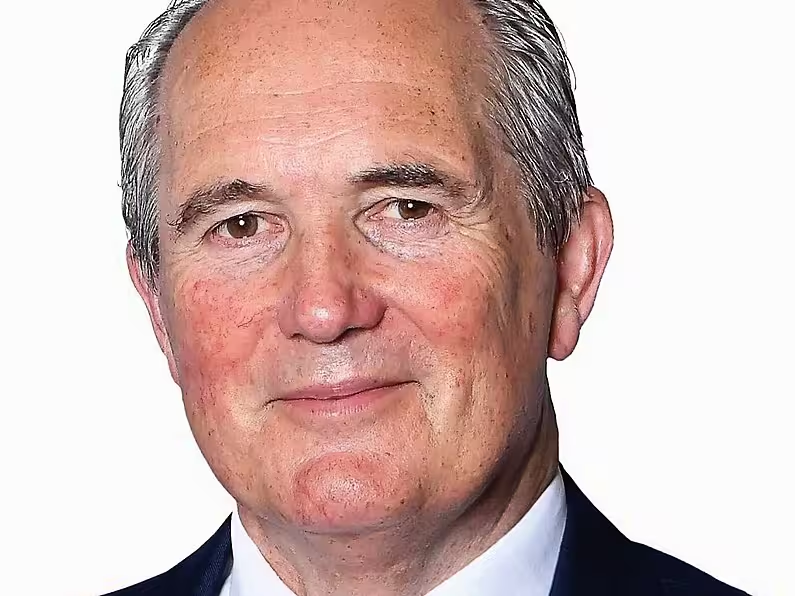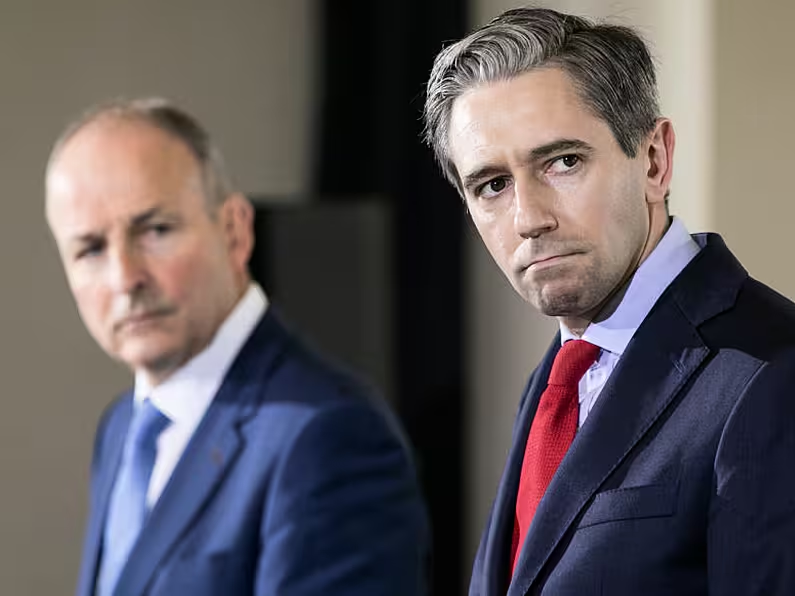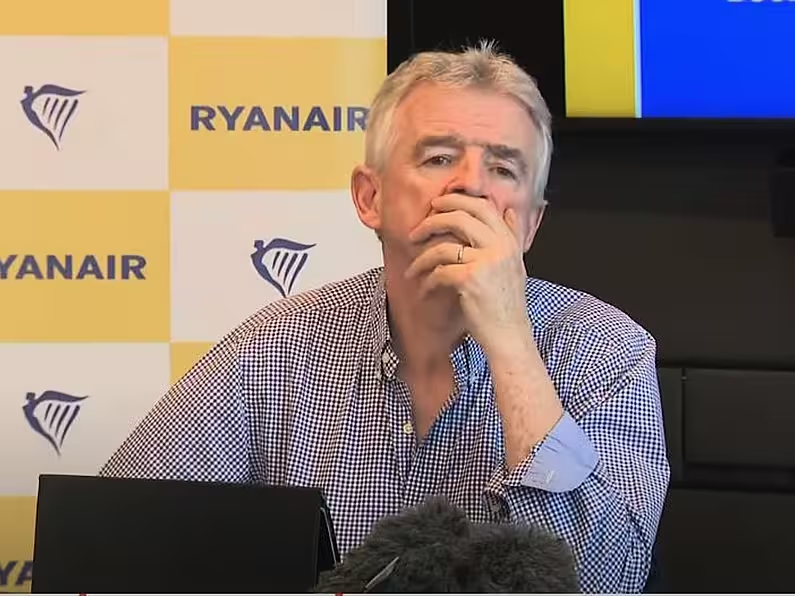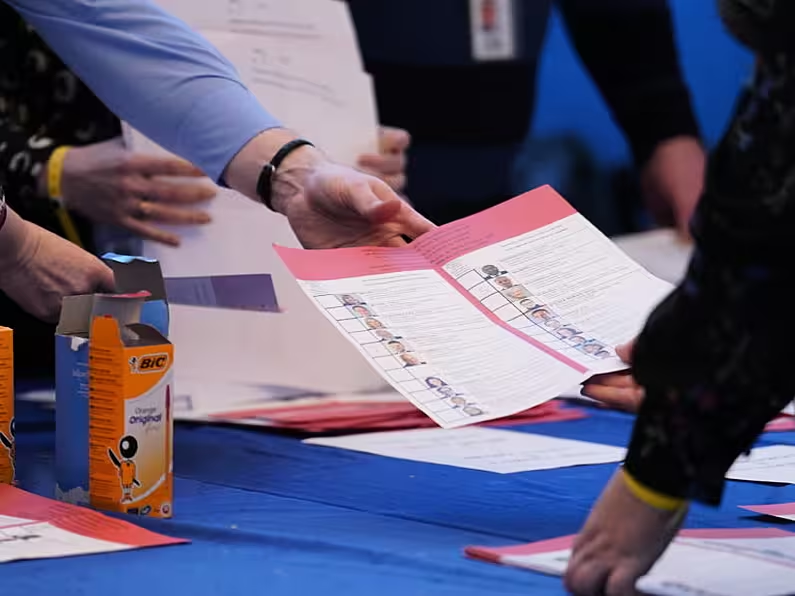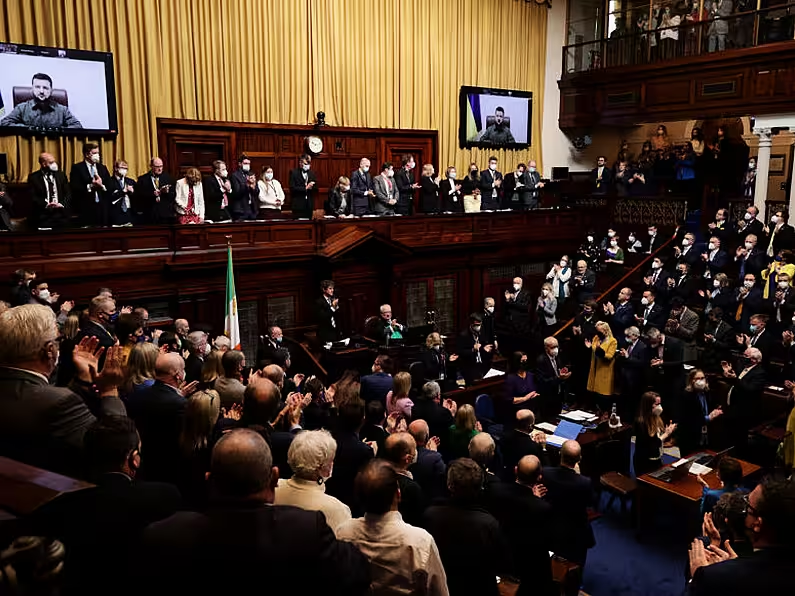By Michelle Devane and Jonathan McCambridge, PA
The Government will be able to give a timeline to people next week as to when all age groups can expect to receive their first dose of Covid vaccine, the Minister for Health has said.
Stephen Donnelly said he intends to bring a revamped plan for the rollout of the vaccine to Cabinet ministers next week.
He also said he wants to see pharmacists being incorporated into the rollout of the vaccine, so that people can go to their local pharmacy to receive the jab.
The Department of Health is awaiting advice from the National Immunisation Advisory Committee (Niac) about the use of the AstraZeneca and Johnson & Johnson jabs in various age cohorts, in particular those under the age of 50.
At present, AstraZeneca and the Johnson & Johnson jabs are not being given to those under the age of 50 due to concerns over a rare blood clotting issue.

Mr Donnelly said he expects to receive Niac's updated recommendation in the coming days.
“As soon as we have that advice from Niac, I will discuss it with the chief medical officer, with the department, I will bring a recommendation to Government,” he said.
“And once we have that we will be able to be more accurate in terms of when each of the age cohorts can expect to start getting their first doses.”
His remarks come as the State's vaccine rollout hit the milestone of administering 250,000 doses in a seven-day period for the first time.
As of Monday, a total of 1,882,635 doses of vaccine had been administered in the Republic.
These included 1,376,583 first doses and 506,052 second doses.
More than 35 per cent of the population aged 16 years and older have had at least one dose.
The Government’s target is to ensure 80 per cent of the population has received at least one dose by the end of June.
The latest figures from the department show more than 2.3 million doses of the vaccine have arrived in the country.
These include more than 1.5 million doses of the Pfizer vaccine, some 218,000 doses of Moderna, 566,000 Astra Zeneca doses and some 26,000 Johnson & Johnson doses.

A percentage of the doses have not yet been administered to ensure there are sufficient to administer second doses of some of the vaccines.
The minister said they want to ensure the rollout of the vaccines as quickly as possible.
“The HSE is currently working with 21 pharmacies to make sure the IT systems are all in place,” he said.
“Johnson and Johnson is one of the vaccines that the HSE believe would be very useful to use with the pharmacies. Personally I would like to see the pharmacies more involved.”
Mr Donnelly added: “What we need to be doing right now is vaccinating the people who are higher risk.
“The reality is, though, that we are going to have many millions of vaccines spare, so we have pre-purchased about 18 million doses of vaccine, which will leave us with a lot spare, so we will take advice from public health, we will take advice from Niac. They may advise that we might want to keep some of that for boosters, for example.
“What I would like to see is as much of that as possible given to developing countries because we need as just and equal a global vaccination programme as possible, and I think that is where a lot of our initial vaccines should go.”
Minister for Health @DonnellyStephen has today published the @slaintecare Implementation Strategy and Action Plan 2021-2023.
The aim is to deliver a universal health service that offers #RightCareRightPlaceRightTime at low or no cost.
MORE: https://t.co/OAbqwYeMKe— Department of Health (@roinnslainte) May 12, 2021
The minister made the comments during a visit to Reeves Day Surgery in Tallaght in Dublin on Wednesday as he announced the launch of the next stage of the Slaintecare health reform plans.
The 2021-2023 action plan sets out the priorities and actions for the next phase of the reform programme.
The aim is to deliver a universal health service that offers the right care, in the right place, at the right time, at low or no cost.
Mr Donnelly said: “Informally the talks have started, there has been initial conversations between the representative bodies, the department and the HSE, it is a really important part of the future of healthcare.
“What we want is a public-only healthcare system with public-only work in it.
“The Slaintecare contract, I think, is very exciting, I think it is really important. We would like to see the contract in place agreed by all sides as quickly as possible.”







